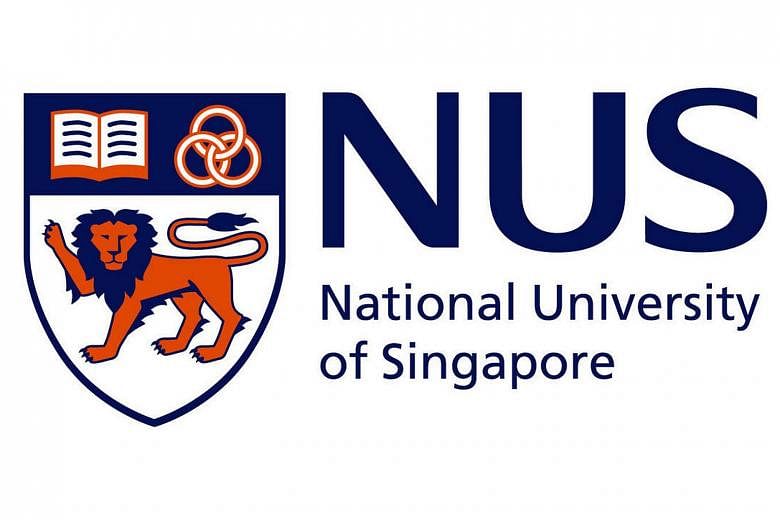The recent report on the National University of Singapore (NUS) freshmen orientation camp has once again raised concerns and put the spotlight on such activities ("NUS: Risque games completely inappropriate"; Wednesday).
This is not the first time the NUS freshmen orientation programme has drawn flak for inappropriate or dangerous acts. Complaints have been made as far back as 2008 ("Orientation - just fun or plain lewd?"; Aug 31, 2008).
There are a few areas of concern that need to be looked into immediately.
•What is the objective of the freshmen orientation programme? What do they really want to achieve from the three-day, two-night camp?
It was reported that the camp is meant to be an ice-breaker for freshmen to know their peers, but how would risque games achieve this? They would make students embarrassed and uncomfortable, instead of warm and welcomed.
•It was reported that the programmes have to be endorsed and cleared by the relevant supervisors, such as heads of residence halls and vice-deans, as well as the Office of Student Affairs.
What steps are taken to ensure that the students involved in organising the programmes adhere to the guidelines and what was approved? Who monitors the programmes, ensuring that the actual activities do not deviate from what was submitted and approved?
•What measures were taken by NUS previously to punish those involved in such activities?
Obviously, this was not done properly, which has resulted in such episodes being repeated over the years. Perhaps it takes more than just "strong disciplinary action" to deter such acts.
•The orientation group leaders are seniors in NUS and should be able to think for themselves and decide whether these acts are appropriate.
As for the freshmen, they should know that they should not follow such unreasonable instructions - peer pressure or fear of being ostracised notwithstanding - and have the strength to say "no".
We should teach our children proper values. They must be equipped with the ability to discern what is right or wrong instead of just being good in studies and having high grades.
•The Ministry of Education should monitor closely what institutions of higher learning are doing and act accordingly, instead of letting such activities continue.
It is important that these places impart not just academic knowledge, but also good values.
Hopefully, this will be the last time we are seeing such news.
Steven Lim Soo Huat

